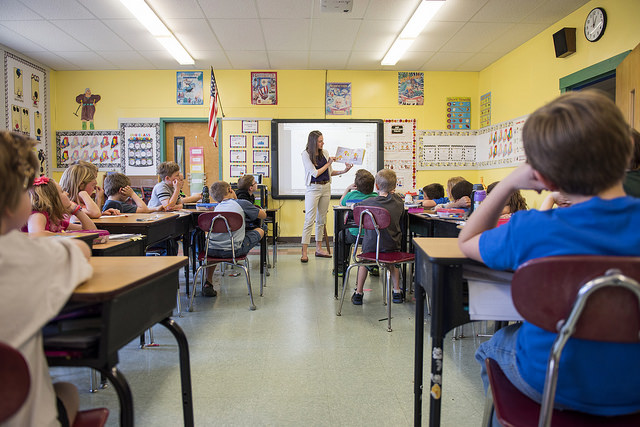Elementary Education
Our Elementary Education program builds on strong partnerships with school districts locally, statewide and beyond, allowing students to apply the knowledge, expertise and skill developed in the classroom to field experiences in a variety of schools and settings. Our curriculum provides opportunities for our teacher candidates to use the latest technology to enhance teaching and learning. After graduation, students are certified to teach kindergarten through 8th grade.

Program Overview
Our Elementary Education major is tailored to prospective teachers interested in working with students in kindergarten through 8th grade. The College of Education and Human Development’s strong partnerships with K-12 schools allows our students to combine what they learned in their courses at the state’s largest and most comprehensive teacher preparation and training program with field experiences tailored to meet their personal and professional goals. A diverse range of student teaching and internship opportunities ensures that our graduates are prepared to teach in a variety of schools and settings. Elementary Education students choose an Area of Specialization, allowing them to build a deep understanding of effective instruction in a specific content area. Our curriculum provides a strong grounding in the unique developmental considerations of elementary students, opportunities to build skill and knowledge around utilizing the latest technologies to enhance student learning, and asset-based educational practices for the modern multicultural classroom.
The College of Education and Human Development’s teacher preparation programs are nationally accredited by CAEP, the Council for the Accreditation of Educator Preparation.

Student Support
We provide our students with academic guidance and personal support from before they set foot on campus through graduation and beyond. Our professional advising team and student support staff build genuine relationships and provide timely information to help you navigate your program, college life, internships, work and whatever else is on your plate.
Our Commitments: Care. Quality. Career.
At the University of Maine College of Education and Human Development, our students, faculty, staff and alumni work to bring a vibrant tomorrow to the communities we serve and to the world. This work is rooted in the college’s commitments to care, quality and career readiness.
We are an inclusive community that thrives on curiosity, exploration, ingenuity and collaboration. Click below to learn more about our commitments, and apply to join our community of care today.
